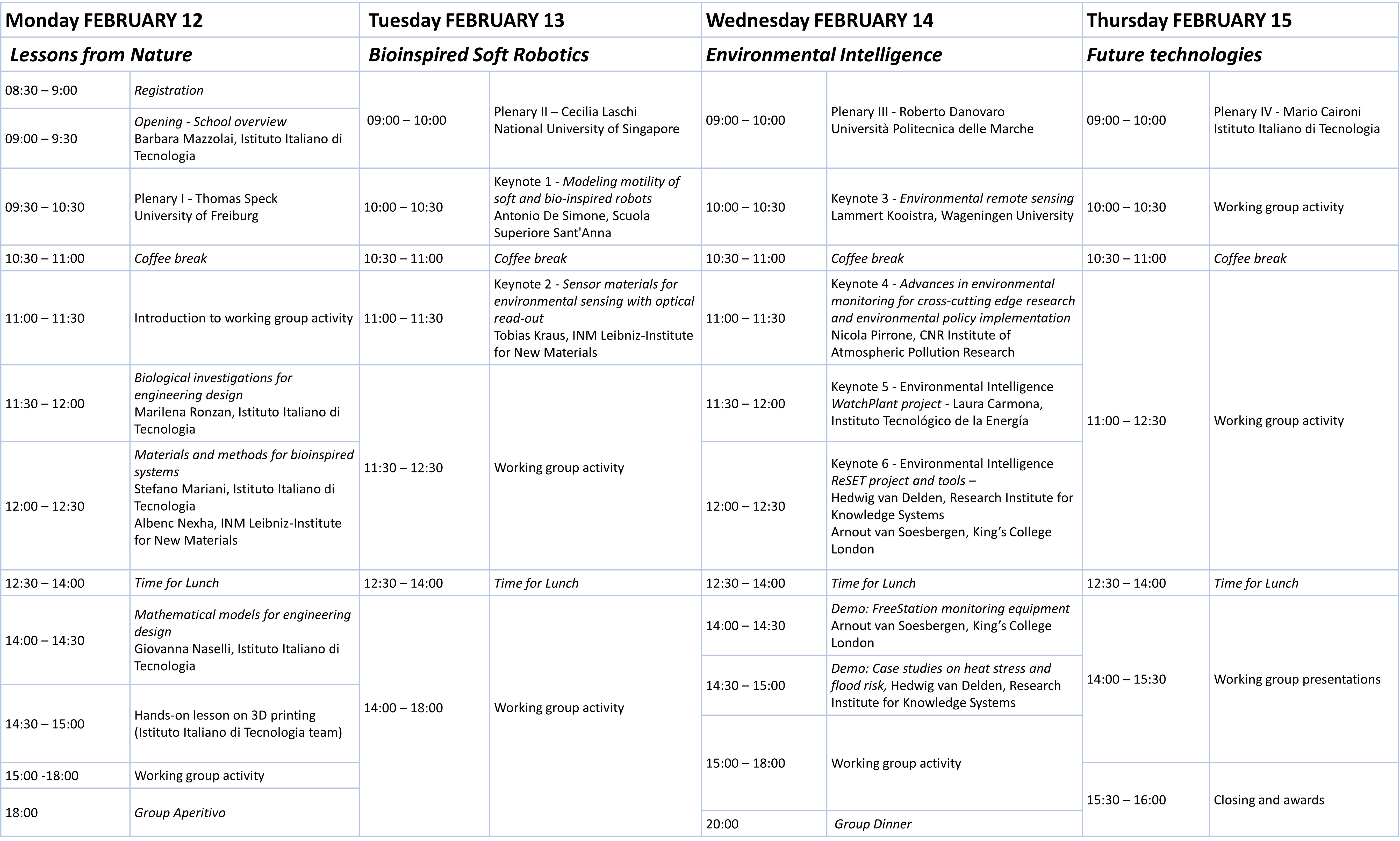First International Winter School
on “Environmental Intelligence”
12 – 15 February 2024
Grand Hotel Cavour Firenze ****
Florence, Italy
Environmental Intelligence integrates the synergies among environmental science, advanced sensor research, data science, robotics, and Artificial Intelligence to enhance our understanding of the environment and mitigate the effects of climate change. It challenges us to protect the environment through sustainable strategies, incorporating an ecological approach to system design and fabrication, the use of biodegradable materials, distributed architectures for sensing and intelligence, and the exploration of new power sources and energy-harvesting solutions.
In this context, the first Winter School on Environmental Intelligence aims to showcase the most recent technologies for studying living beings and their ecosystems, designing sustainable materials and machines for environmental applications, collecting and processing multi-sensory information from the environment, and discussing current and future challenges related to climate and the environment.
The school's program will include plenary lectures by international experts, keynote presentations, technical hands-on sessions, and working group activities for PhD students.
Participants will gain a deep understanding of the science and technology surrounding the theme of Environmental Intelligence within a multidisciplinary framework. They will learn how to address complex, transdisciplinary problems in various areas of environmental science, ranging from research to industry domains.
Organized in the centre of Florence (Italy), participants will have chance also to enjoy the art and cultural heritage of the city, with evening networking events and an organized cultural tour.
Students will collaborate to:
- Gain insight into Robotics and Artificial Intelligence, Material Science, and Environmental Science.
- Understand the latest real-world applications and innovations in the areas of environmental monitoring and biodiversity safeguarding.
- Acquire insights into tools for systems design and development (both software and hardware, including 3D printing techniques).
- Develop valuable professional skills in team building, leadership, and presentation.
- Conduct a project to create a smart, bioinspired system for environmental monitoring, culminating in a group competition.
Registrations are closed. The School is open to selected PhD students from different disciplines and free of charge. The School is organized by the H2020 Environmental Intelligence Research and Innovation Action "I-Seed," covering the School's location, speakers for the lectures, coffee breaks, and social events. Travel and accommodation expenses for PhD students are not covered.
Plenary Speakers
Thomas Speck University of Friburg
Roberto Danovaro Università Politecnica delle Marche
Mario Caironi Istituto Italiano di Tecnologia
Cecilia Laschi National University of Singapore
Plenary Speakers
Plenary Speaker Bio - Thomas Speck
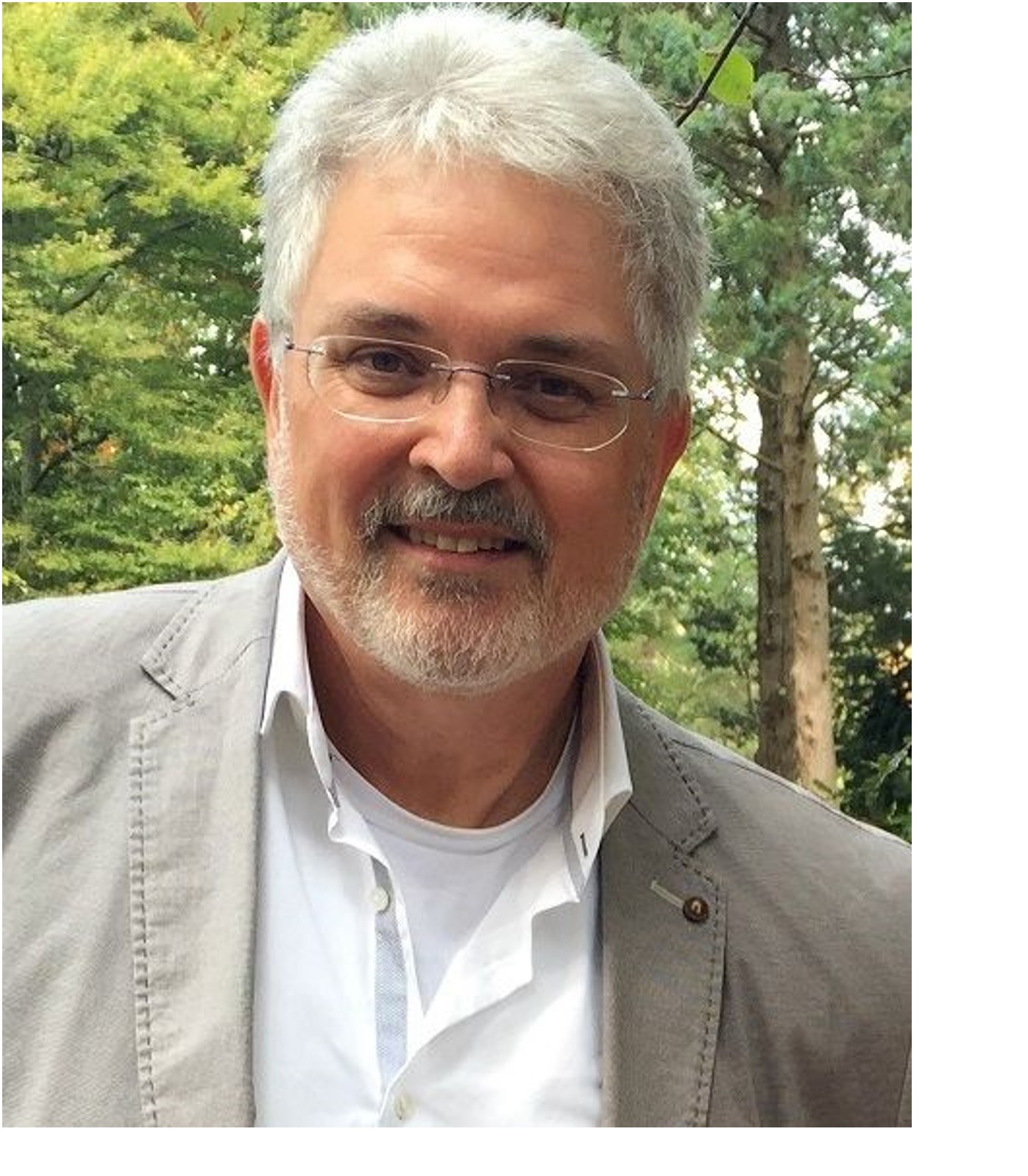 Thomas Speck studied biology at the University of Freiburg (PhD 1990) and received 1996 the venia legendi for botany & biophysics. After a visiting professorship at the University of Vienna he was offered professorships at the Humboldt-University in Berlin and at the University of Freiburg where he acted from 2002 until 2006 associate professor for ‘Botany’ and director of the Botanic Garden. After declining the offer of a full professorship and the directorship in general of the Botanic Garden at the Freie University Berlin he became in 2006 full professor for ‘Botany: Functional Morphology and Biomimetics’ in Freiburg. He is spokesperson of the Cluster of Excellence "Living, Adaptive, and Energy-autonomous Materials Systems (livMatS)" and of the Competence Network Biomimetics, and vice-chair of the Society for Technical Biology and Bionics. Thomas Speck is Deputy Managing Director of the Freiburg Center for Interactive Materials and Bio-Inspired Technologies (FIT) and a scientific member of the Materials Research Centre Freiburg (FMF). He received several scientific awards, is (co-)editor of several scientific books and journals and has published more than 370 scientific articles in peer reviewed Journals & Books in the fields of functional morphology, biomechanics, biomimetics, evolutionary biology and palaeobotany.
Thomas Speck studied biology at the University of Freiburg (PhD 1990) and received 1996 the venia legendi for botany & biophysics. After a visiting professorship at the University of Vienna he was offered professorships at the Humboldt-University in Berlin and at the University of Freiburg where he acted from 2002 until 2006 associate professor for ‘Botany’ and director of the Botanic Garden. After declining the offer of a full professorship and the directorship in general of the Botanic Garden at the Freie University Berlin he became in 2006 full professor for ‘Botany: Functional Morphology and Biomimetics’ in Freiburg. He is spokesperson of the Cluster of Excellence "Living, Adaptive, and Energy-autonomous Materials Systems (livMatS)" and of the Competence Network Biomimetics, and vice-chair of the Society for Technical Biology and Bionics. Thomas Speck is Deputy Managing Director of the Freiburg Center for Interactive Materials and Bio-Inspired Technologies (FIT) and a scientific member of the Materials Research Centre Freiburg (FMF). He received several scientific awards, is (co-)editor of several scientific books and journals and has published more than 370 scientific articles in peer reviewed Journals & Books in the fields of functional morphology, biomechanics, biomimetics, evolutionary biology and palaeobotany.
Plenary Speaker Bio - Cecilia Laschi
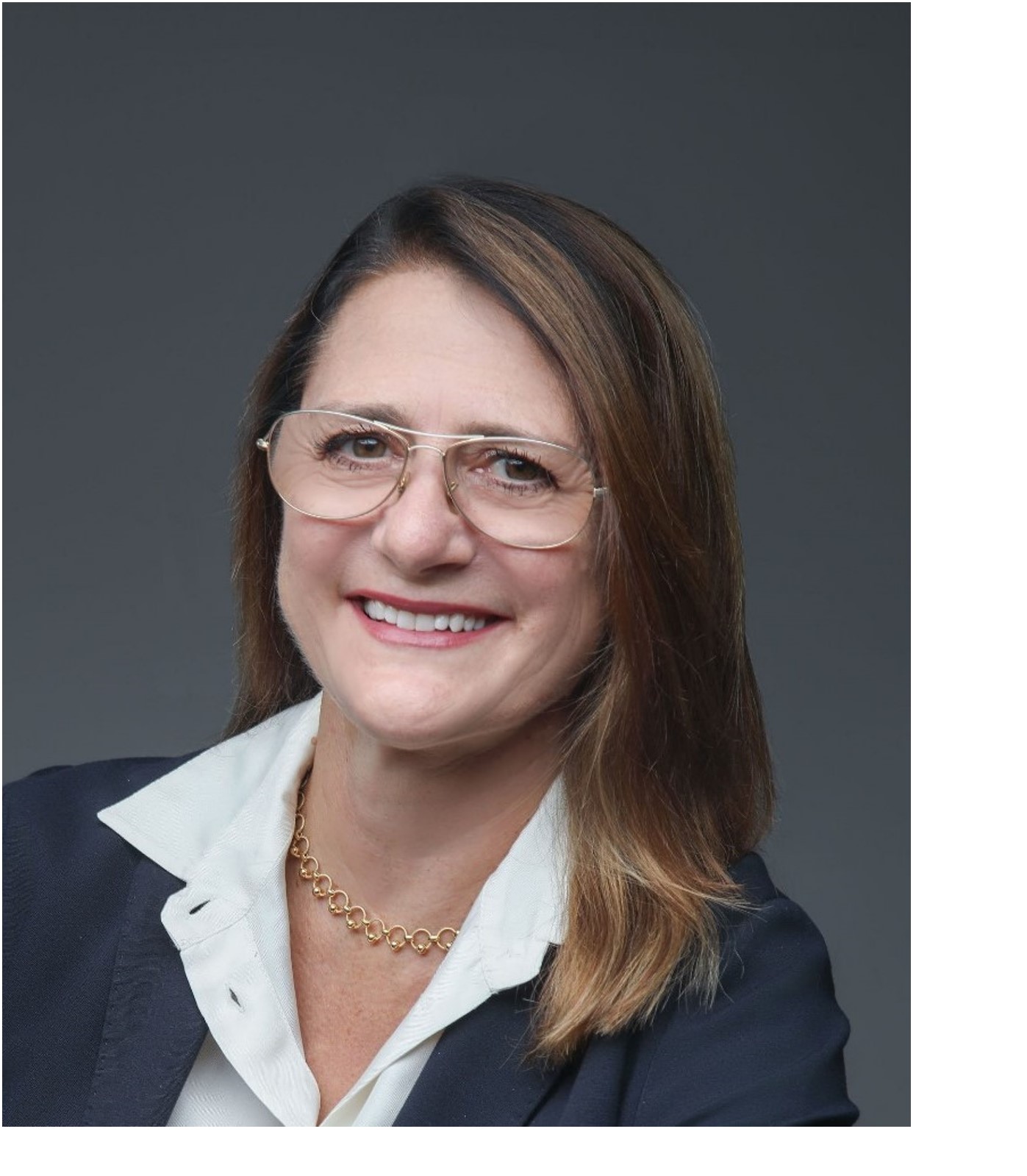 Cecilia Laschi is Provost’s Chair Professor of robotics at the National University of Singapore, leading the Soft Robotics Lab. She is Co-Director of CARTIN – Centre for Advanced Robotics Technology and Innovation. She is on leave from Scuola Superiore Sant'Anna, Italy, The BioRobotics Institute (Dept. of Excellence in Robotics & AI). She graduated in Computer Science at the University of Pisa and received a Ph.D. in Robotics from the University of Genoa. She received a Honorary Doctorate from the University of Southern Denmark, Odense, in 2023. She was JSPS visiting researcher at the Humanoid Robotics Institute of Waseda University, Tokyo, Japan.
Cecilia Laschi is Provost’s Chair Professor of robotics at the National University of Singapore, leading the Soft Robotics Lab. She is Co-Director of CARTIN – Centre for Advanced Robotics Technology and Innovation. She is on leave from Scuola Superiore Sant'Anna, Italy, The BioRobotics Institute (Dept. of Excellence in Robotics & AI). She graduated in Computer Science at the University of Pisa and received a Ph.D. in Robotics from the University of Genoa. She received a Honorary Doctorate from the University of Southern Denmark, Odense, in 2023. She was JSPS visiting researcher at the Humanoid Robotics Institute of Waseda University, Tokyo, Japan.
Cecilia Laschi is best-known for her research in soft robotics, an area that she pioneered and contributed to develop at international level. She investigates fundamental challenges for building robots with soft materials, with a bioinspired approach which started with a study of the octopus as a model for robotics. She explores marine applications of soft robots and their use in the biomedical field, with a focus on eldercare. She has worked in humanoid and neuro-robotics, applying brain models in humanoid robots.
She is Editor-in-Chief of Bioinspiration & Biomimetics and Specialty Chief Editor of Soft Robotics in Frontiers in Robotics & AI. She serves in the Editorial Boards of Science Robotics and IEEE Robotics & Automation Letters. She serves as evaluators for the EC (incl. ERC programme), HFSP and national research agencies.
She is IEEE Fellow and member of other scientific societies, like AAAS (American Association for the Advancement of Science), and the IEEE Robotics & Automation Society (RAS), where she was elected twice as AdCom member and is founding co-chair of the Technical Committee (TC) on Soft Robotics. She founded and chaired the 1st IEEE-RAS International Conference on Soft Robotics (RoboSoft) in 2018, serving now in its Steering Committee. She is Co-Chair of Gordon Research Conference on Robotics 2024.
She co-founded the spin-off company RoboTech, in edutainment robotics.
Plenary Speaker Bio - Roberto Danovaro
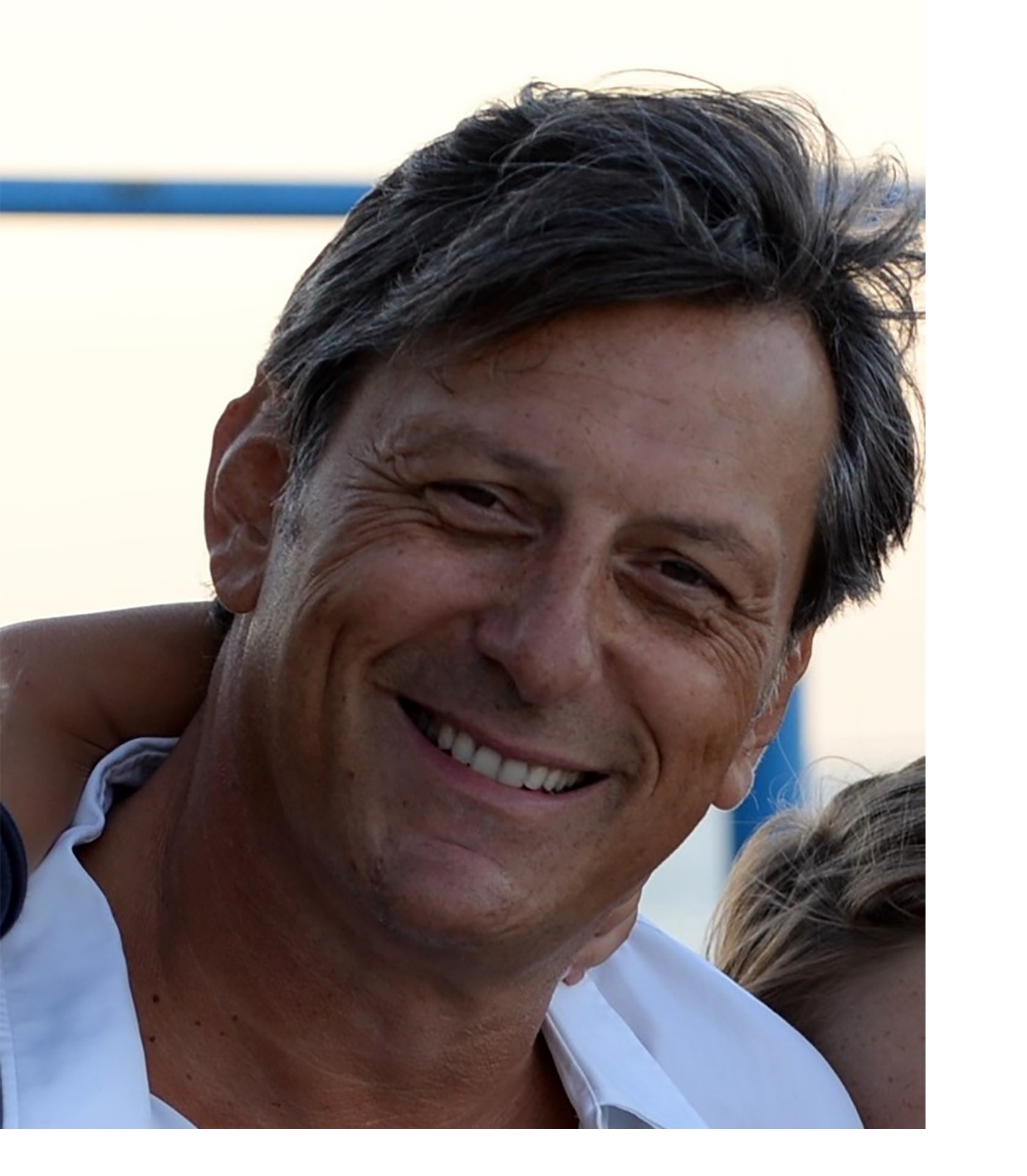 Roberto Danovaro is Professor of Marine Ecology at the Polytechnic University of Marche. Past-President of the Stazione Zoologica “Anton Dohrn” (National Institute of Marine Biology Ecology and Biotechnologies) from 2013 to 2022. Past president of the Italian Society of Ecology (SItE), of the Italian Society of Limnology and Oceanography (AIOL) and of the European Federation of Scientific Societies (EFMS). President of the Scientific Council of WWF Italy. His research is focused on the impacts on global climate change on marine life. Member of several international panels (IUCN, UNEP). Member of the EU Academy of Science and of the Academia Europaea (London). He received the Prize BMC Biology (London, 2010), the Award of French Society of Oceanography (2011), and the ENI Award “Protection of the Environment” (2013). According to ExpertScape he has been the most influential World Scientist in the Category “Ocean and Seas” for the decade 2010-2020.
Roberto Danovaro is Professor of Marine Ecology at the Polytechnic University of Marche. Past-President of the Stazione Zoologica “Anton Dohrn” (National Institute of Marine Biology Ecology and Biotechnologies) from 2013 to 2022. Past president of the Italian Society of Ecology (SItE), of the Italian Society of Limnology and Oceanography (AIOL) and of the European Federation of Scientific Societies (EFMS). President of the Scientific Council of WWF Italy. His research is focused on the impacts on global climate change on marine life. Member of several international panels (IUCN, UNEP). Member of the EU Academy of Science and of the Academia Europaea (London). He received the Prize BMC Biology (London, 2010), the Award of French Society of Oceanography (2011), and the ENI Award “Protection of the Environment” (2013). According to ExpertScape he has been the most influential World Scientist in the Category “Ocean and Seas” for the decade 2010-2020.
Plenary Speaker Bio - Mario Caironi
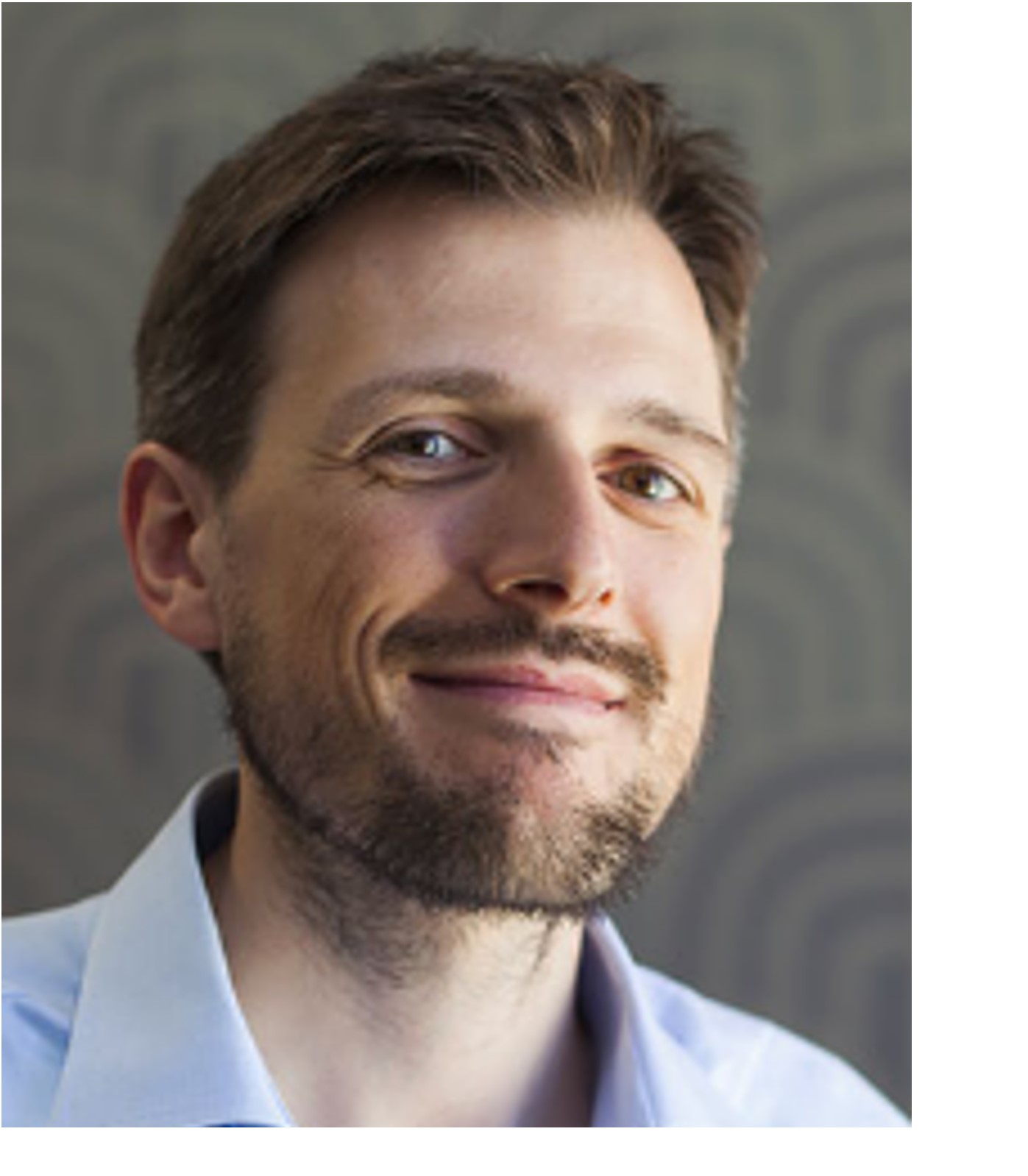 Mario Caironi is a Senior Scientist at the Center for Nano Science and Technology (Milan, Italy) of the Istituto Italiano di Tecnologia (IIT). His main research interests focus on large-area organic and hybrid printed opto-electronics, on edible and sustainable electronics, and organic bioelectronics sensors. He obtained his Ph.D. in Information Technology with honours at Politecnico di Milano (Milan, Italy). In 2007 he joined the group of Prof. Sirringhaus at the Cavendish Lab. (Cambridge, UK) as a post-doc, working for 3 years on high resolution printing of downscaled organic transistors and circuits, and on charge transport in high mobility polymers. In 2010 he was appointed as Team Leader at IIT. In 2014 he entered the tenure track at the same institution, obtaining tenure in 2019. He is a 2014 ERC Starting grantee and a 2019 ERC Consolidator grantee. He is co-founder of two startups in printed organic electronics. He is serving as editor for IEEE Transaction on Electron Devices and for IEEE Journal on Flexible Electronics.
Mario Caironi is a Senior Scientist at the Center for Nano Science and Technology (Milan, Italy) of the Istituto Italiano di Tecnologia (IIT). His main research interests focus on large-area organic and hybrid printed opto-electronics, on edible and sustainable electronics, and organic bioelectronics sensors. He obtained his Ph.D. in Information Technology with honours at Politecnico di Milano (Milan, Italy). In 2007 he joined the group of Prof. Sirringhaus at the Cavendish Lab. (Cambridge, UK) as a post-doc, working for 3 years on high resolution printing of downscaled organic transistors and circuits, and on charge transport in high mobility polymers. In 2010 he was appointed as Team Leader at IIT. In 2014 he entered the tenure track at the same institution, obtaining tenure in 2019. He is a 2014 ERC Starting grantee and a 2019 ERC Consolidator grantee. He is co-founder of two startups in printed organic electronics. He is serving as editor for IEEE Transaction on Electron Devices and for IEEE Journal on Flexible Electronics.
Keynote Lectures
Laura Carmona, Instituto Tecnológico de la Energía
Hedwig van Delden, Research Institute for Knowledge Systems
Antonio De Simone, Scuola Superiore Sant'Anna
Tobias Kraus, INM Leibniz-Institute for New Materials
Lammert Kooistra, Wageningen University
Nicola Pirrone, CNR Institute of Atmospheric Pollution Research
Plenary Speakers
